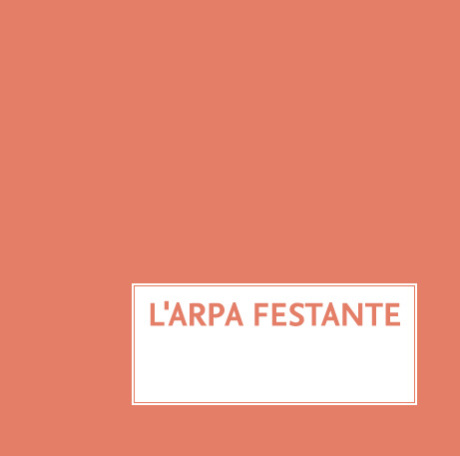
“L’arpa festante” – the dramatic musical work by Giovanni Battista Maccioni performed in 1653 at the opening of the Munich Opera House, symbolically stands for the artistic work and musical commitment of the baroque orchestra of the same name. Founded in 1983 as a traditional German ensemble for ancient music, L’arpa festante has developed an outstanding reputation not only as a group with a distinctive sound in its performance of instrumental works, but also as a partner of accomplished choirs in performances of all baroque, classical and romantic choir-orchestra literature. Depending on the date of origin of the piece performed, the musicians in L’arpa festante use the most suitable original instruments, allowing them to recreate the sound quality of the work as it originally was. L’arpa festante also works in close collaboration with the Mainz Bach Choir under the direction of Prof. Ralf Otto.The extensive musical experience and virtuosic musical ability of the individual musicians give the ensemble a distinctive tone quality – colourful, sensitive, expressive and filled with nuances. With the variety of sounds amongst the historical instruments, dramatic moments in the music of Monteverdi to Mendelssohn are brought to life.A focal point of the ensembles’ work is therefore the rediscovery and reproduction of unknown works from the southern German high baroque genre. Depending on the musical requirements of the work, formations ranging from solistic concertino instrumentation to a full orchestra of approximately 40 musicians are possible. Almost all meaningful choir-orchestra works of the 19th and 19th centuries used this latter instrumentation.L’arpa festante have produced numerous CDs which have been enthusiastically received by critics and public alike. Productions of the Christmas Oratorio by Bach, organ concertos by Joseph Haydn, concerto for three harpsichords by C.P.E. Bach and in particular “Pythagorischen Schmids-Füncklein 1692” by Rupert Ignaz Mayr which has been recorded for the first time, have been recently released and have received wide attention. A CD containing works by David Pohle, a student of Schütz, is also to be named.